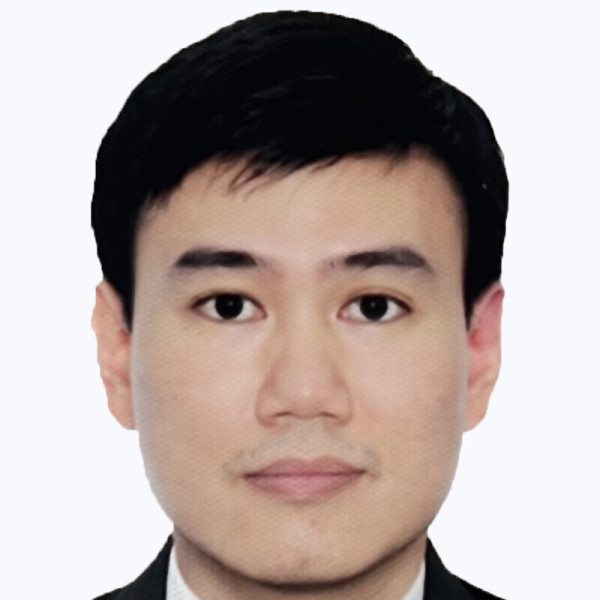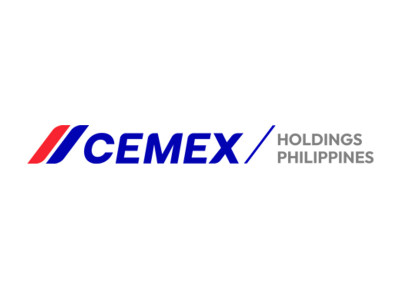

Three Consunji firms, including family holding firm DMCI Holdings Inc., are involved in the transaction.
The other two are listed Semirara Mining and Power Corp. and privately-held Dacon Corp.
The parties hope to complete the deal before the year ends
The three companies are buying 100 percent of Cemex Asian South East Corp. for $305.6 million, or P17.6 billion.
The company being bought owns 89.86 percent of CHP.
After the transaction, DMCI will hold an indirect majority stake of 51 percent in CHP. Dacon will control a combined direct and indirect 39 percent stake, and Semirara will have 10 percent.
Yes, Consunji will make a buyout offer to minority shareholders owning 10.14 percent of CHP.
Dacon Corp. was chosen to launch the tender offer.
It’s a bit complicated. The three Consunji companies are not buying CHP directly but the parent firm Cemex Asian South East Corp.
Analysts told InsiderPH it was hard to calculate the tender offer price to minority stockholders without details on the parent firm’s other assets and debts, which are not part of CHP.
For example, CHP’s own disclosure makes mention of the indirect 40 percent interest that Cemex Asian South East Corp. owns in APO Land & Quarry Corp. and Island Quarry and Aggregates Corp.
CHP has seen volatile price swings over the past few days due to speculation. From a 52-week high of P2.30 each, shares plunged to P1.22 apiece.
Hours before the announcement on Thursday, CHP rallied 15.85 percent to P1.90 per share.
Initial estimates given by analysts and brokers indicated the tender offer price is below the current market price.
First of all, the deal was only possible because Cemex’s ultimate parent company in Mexico was keen on exiting the Philippines.
Consunji saw an opportunity to integrate cement with DMCI’s other businesses such as power, construction and infrastructure. This also allows it to diversify from its commodities-heavy revenue sources.
Another example is Semirara, the country’s biggest producer of coal, which is used to make cement.
CHP has two main subsidiaries: APO Cement Corp. and Solid Cement. The two companies have an annual installed capacity of 5.7 million tons with a 1.5-million ton expansion that is coming online in the latter part of 2024.
As early as 2017, the group has been seeking an entry into the cement sector, which is dominated by players such as San Miguel Corp.’s Eagle Cement and Holcim Philippines.
Domestic cement producers face a tough market influenced by high energy prices, demand for projects and cheaper cement imports.
CHP’s revenues in 2023 slumped 15.8 percent to P17.36 billion due to lower volume and prices. Its losses last year doubled to P2 billion versus P1 billion in 2022.
Cemex continues with its normal operations while the deal goes through the usual regulatory and corporate approvals.
This includes the go-signal from the Philippine Competition Commission, completion of the Solid expansion project and mandatory tender offer to stockholders of CHP

Miguel R. Camus has been a reporter covering various domestic business topics since 2009.

